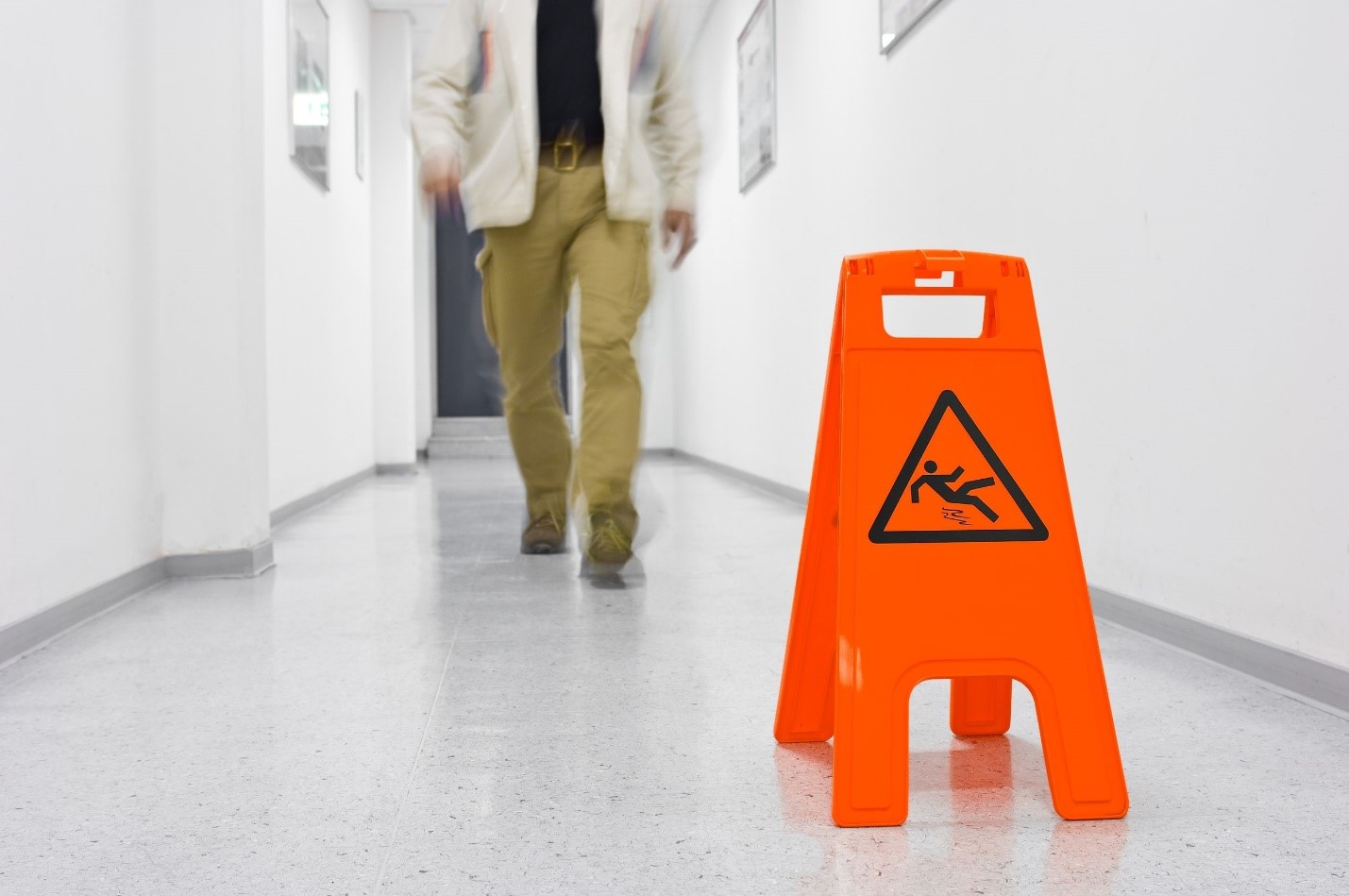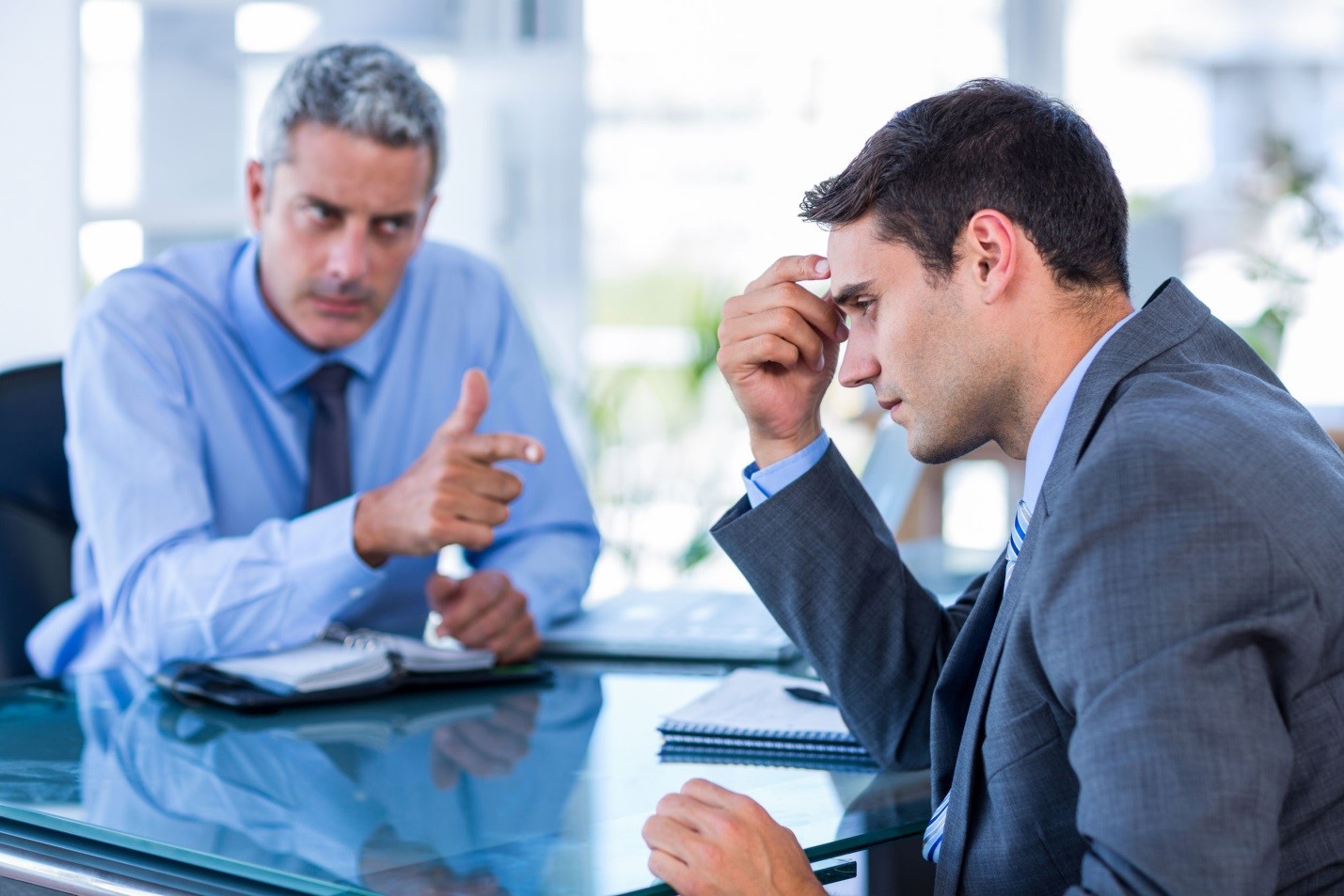If you were recently injured in a slip and fall incident, you may be wondering if you have a case. A slip and fall claim—also known as premise liability—asserts that the owner of a property failed to take reasonable precautions to ensure the area was safe for people passing through.
In a slip and fall case, this means that there was a hazard on the owner’s premises, like a slick floor, and the owner did not take the expected amount of care to fix or warn others about that
hazard. As a result, you or someone you care about fell and was injured.
This failure to take the proper amount of care you would normally expect from a business or other property is called negligence. If you are planning on pursuing a case, there is a chance the property owner will claim that you were also to blame for the incident. When the victim of negligence is found to share some of the blame for their accident, this is called comparative negligence.
Comparative negligence is a defense that must be established by the defendant. This means that the burden of proof is on the owner of the property—you do not need to prove that you were not negligent. Rather, the property owner must prove that you did not show reasonable care, or that you were behaving in a wrong or dangerous way, and that your behavior was the part of the reason you were injured.
What does this mean for your case? If comparative negligence is established, the settlement or court award you receive will be significantly lower than it would be if the owner was found completely responsible.
What Arguments Might the Defendants Use?
The property owner will attempt to establish that you were in some way behaving irresponsibly or doing something you should not have, which makes you partially or wholly to blame for the accident.
They might use one of the following arguments to establish comparative negligence:
- You were on some part of the property where you were not allowed to be, or where customers or visitors don’t normally go
- You were not paying sufficient attention at the time of the accident—for example, you were looking and talking with the person next to you, or you were texting and walking at the same time, etc.
- It was your footwear that was responsible for your accident
- Reasonable steps were taken to warn people of the hazard—for example, signs and cones were surrounding a spill
- The dangerous condition that led to the injury should have been obvious to you
Pure Comparative Negligence
If your case goes to trial, it may be subject to Florida’s “pure comparative negligence rule.” Essentially, this rule is used by the courts to establish the level of blame of the plaintiff and the defendant. The amount of compensation you can still receive from the defendant will be adjusted according to this ruling.
The jury will decide, based on both testimonies, if you were in some way to blame. If they do decide you share part of responsibility, they must determine what percentage you are to blame for the slip and fall incident in question. This percentage is subtracted from the award you would have received if the property owner was found to be wholly responsible for your accident.
For example, if the jury decided you were 40% to blame for the accident in question, they would subtract that percentage from the total damages. If the total amount of damages from claims like medical bills, lost wages, pain and suffering added up to $10,000 dollars, the property owner would owe you $6,000 in damages, and your responsibility in the case would total $4,000.
Comparative Negligence in Settlement Negotiations

Even if your case never makes it to trial, or even if you never file a lawsuit at all, Florida’s comparative negligence laws will still factor into to your settlement negotiations.
During settlement negotiations, the property owner’s insurance provider (and/or their attorney, if they have one) will operate as if the case were going to trial. Throughout the process of the negotiations, the award that you would get if you brought the case to trial is used as the basis of the settlement award.
Any settlement that you receive will reflect the property owner’s view of your role in the accident, and the final amount of money you receive will be affected according Florida’s comparative negligence laws.
Avoiding accusations of comparative negligence in a slip and fall case requires a strong defense. This is why it’s so important to know the steps you should take after an incident – including finding a knowledgeable Florida injury attorney. If you or someone you love has been injured in a slip and fall accident, we would like to hear from you.




